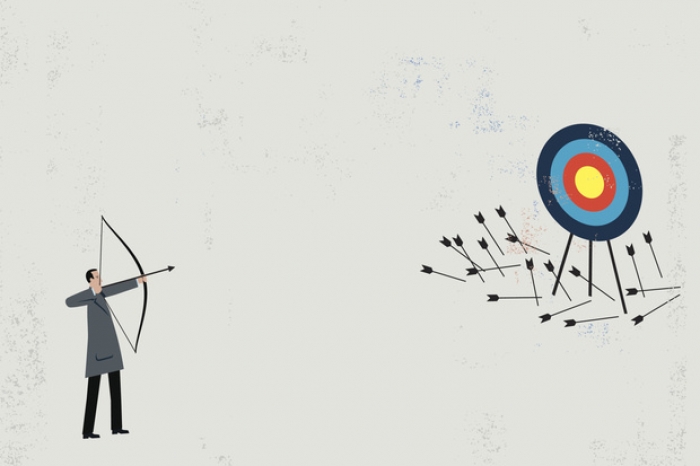11. Failure develops a sense of humor.

If you aren’t naturally inclined to perceive failures with humor, use affirmations. Say what you want to bring into your life: “I’m self-confident!“ ”I’ll do well!" Speak an affirmation as if it’s already true.
10. Failure helps you accept yourself.

We often pretend to be something we’re not to impress someone, and this can be stressful. Try to meditate. Choose a technique that is right for you, and look inside yourself to calm your mind.
9. Failure brings friends closer.

Surround yourself with people that stimulate your mind. This will work as an “unconscious push.“ Install reminders of tasks on your phone — this is a ”conscious push" and will help you keep things under control.
8. Failure exercises the mind.
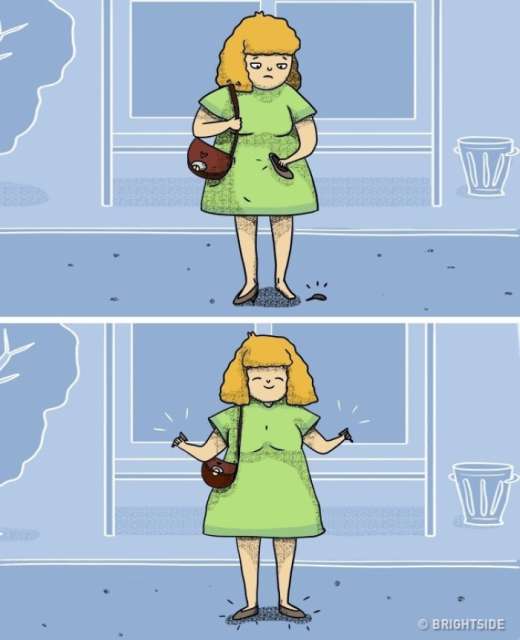
Perceive trouble as an interesting task. Replace negative thoughts with proactive ones. Change “I can’t get along with him!“ to ”How do I approach him?“ Change “There’s nothing to be done!” to ”What solution have I not tried?"
7. Failure helps you find yourself.
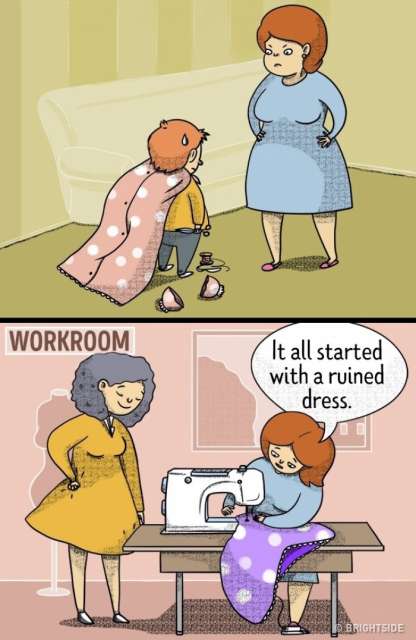
The Descartes’ Square will help you make decisions quickly and easily. Ask yourself 4 questions:
• What will happen if this happens?
• What will happen if this doesn’t happen?
• What won’t happen if this happens?
• What won’t happen if this doesn’t happen?
Once you analyze the answers, coping with doubts and making choices is much easier.
6. Failure brings experience.
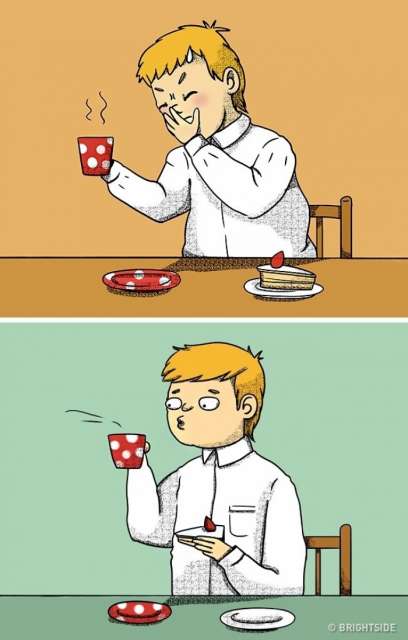
Analyze your actions to avoid future failures. Reflect, then ask yourself:
• What happened?
• What did I feel?
• What are the pros and cons of this situation?
• What could I do next time to get the best result?
5. Failure inspires mastery of new things.

If you fail, don’t despair. Brainstorm! Write down all the possible ways to reach the goal, even the most bizarre and fantastic. Analyze them, and choose the one that suits you best.
4. Failure teaches you to manage your time and tasks better.

To plan tasks competently, use the Eisenhower matrix. Write down all your tasks, dividing them into categories:
• Urgent and important
• Not urgent but important
• Urgent but unimportant
• Not urgent and unimportant
This way you will see what to pay attention to first.
3. Failure helps you prioritize.
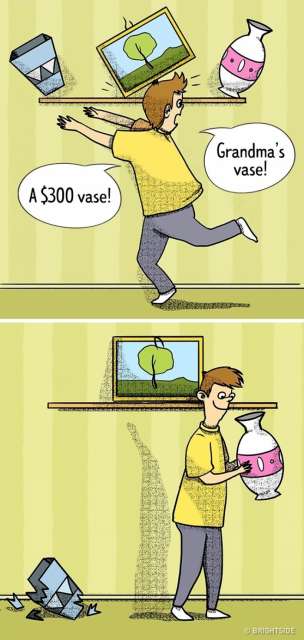
Even small tasks relate to greater goals. Determine the main goal of your life with a priorities scale. Assign each of these items its number by importance:
• Health
• Job
• Love
• Money
• Friendship
• Entertainment
• Creativity
This will help you prioritize and avoid failure in the areas most important to you. More on this here.
2. Failure introduces you to new people.
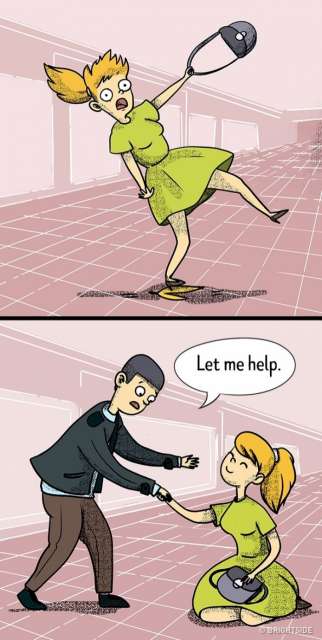
There is a theory suggesting that we indirectly know everyone on the planet. Even if your friends don’t know a person who can help you in some matter, friends of friends might. You will find someone eventually!
1. Failure inspires new accomplishments.

Failure motivates you to set goals and achieve them. The SMART method will help in planning new tasks:
• S (Specific). Clearly formulate the goal (for example, to have a fit body).
• M (Measurable). Determine the measure for your goal (for example, a weight of 60 kg).
• A (Attainable). How you will achieve the goal (sleep schedule, training, nutrition).
• R (Relevant). Tasks you must solve to achieve the goal (replace a TV show episode with cooking a healthy dinner).
• T (Time-related). Determine the time to reach the goal (6 months).
The original article was published in Brightside.
More about: #failure








